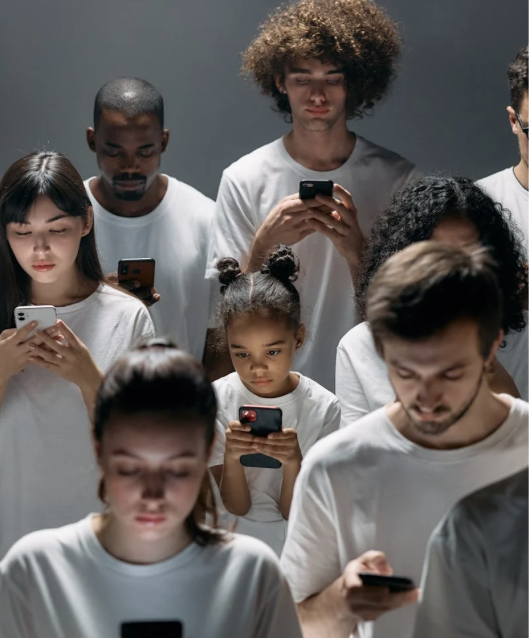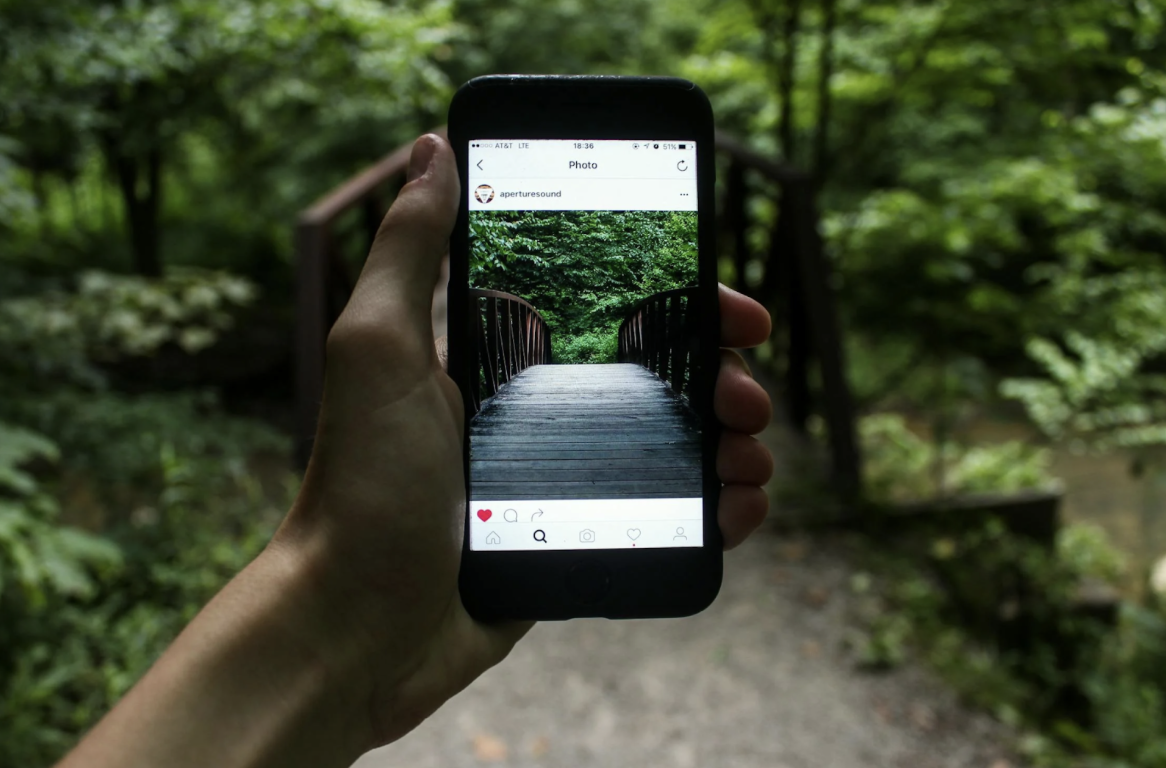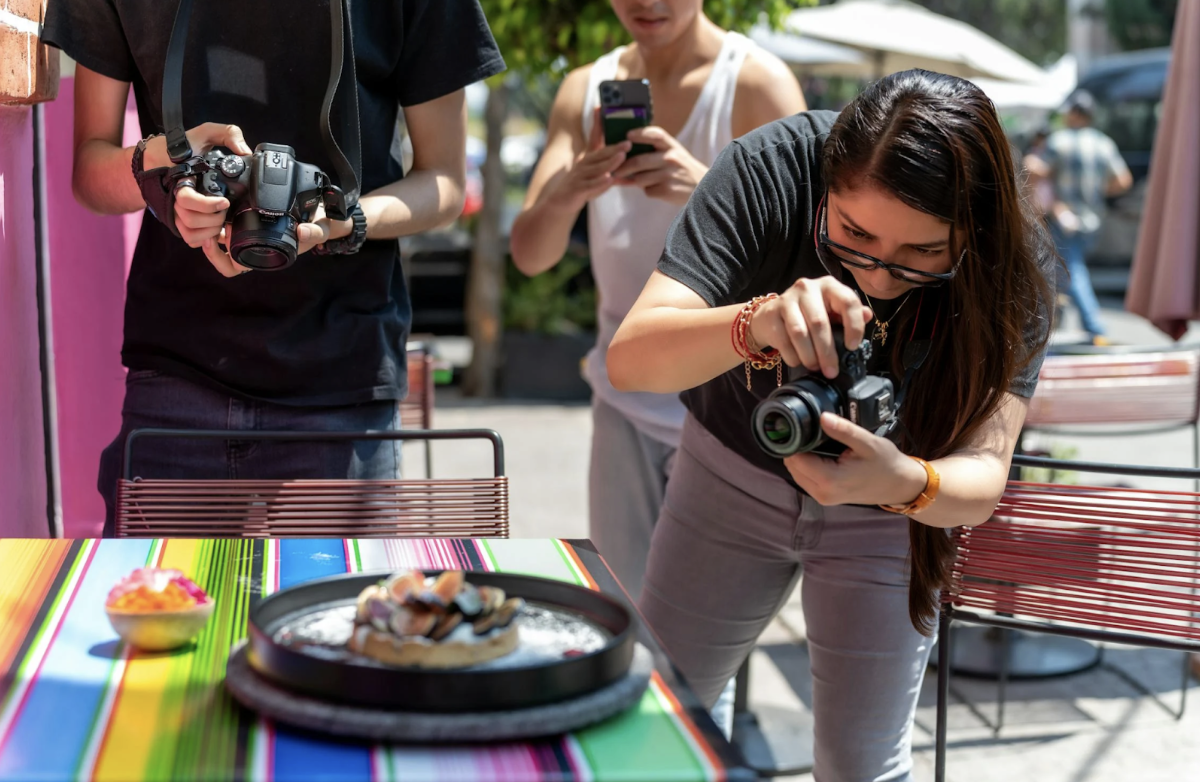[Op-Ed] Are you really missing out?
My phone screen reads 11:45 PM.
MORE IN THIS SECTION
My phone screen reads 11:45 PM. As I watch the clock numbers change, I reflect on a pattern that has become all too familiar to me: the compulsion to check social media before bed, searching for... what exactly? This question led me to explore the phenomenon that mental health experts have termed FOMO (Fear Of Missing Out).

Credit: Cottonbro studio
As a 26-year-old woman, I belong to a generation that has experienced a unique transformation: we grew up during the transition between an analog world and a hyperconnected one. We're not digital natives, but we're not strangers to technology either. This position gives us a privileged perspective to analyze how social media is redesigning our life experiences.
Today's digital ecosystem presents a fascinating dynamic: on one hand, platforms like Instagram have created a universe of manufactured perfection, where each image goes through multiple filters before seeing the light. On the other hand, newer digital spaces like TikTok emerge as a counterresponse, privileging spontaneity and imperfection. This duality reflects our own internal struggle between authenticity and the need for social validation.
What makes contemporary FOMO unique is its omnipresent nature. It's no longer simply about the fear of missing a party or gathering; we now face a constant stream of others' experiences, carefully selected and edited to maximize emotional impact. Every time we open an app, we expose ourselves to a kaleidoscope of "perfect" moments that, although we know are carefully curated, continue to affect our perception of reality.

Credit: Jeremy Levin
The mathematics of social media plays a crucial role in this phenomenon. When we observe our contacts' lives, we're seeing a compilation of hundreds of people's highlights, creating a statistical illusion that "everyone" is constantly living extraordinary experiences. It's like comparing our unedited movie to the most polished trailer of others' lives.
RELATED CONTENT
This phenomenon has created a new form of social anxiety. It's not just the fear of being left out; it's the constant feeling that our life isn't measuring up to an impossible standard. The irony is that this standard is a collective construction in which we all participate, consciously or unconsciously.
The effects manifest in subtle but significant ways. I observe how everyday events transform into opportunities for digital content, how conversations pause to capture the "perfect" moment, how experiences are measured not by their intrinsic value but by their social media potential.

Credit: Israel Torres
The solution doesn't lie in a total rejection of technology, but in developing a new form of emotional digital literacy. We need to learn to navigate this media landscape with full consciousness, recognizing that digital connection, although valuable, is just one aspect of our human experience.
As a generation, we have the responsibility to question and redefine our relationship with social media. It's not about eliminating FOMO - perhaps it's a natural response to the digital era - but about developing emotional tools that allow us to maintain our authenticity in an increasingly virtual world.
The real challenge is finding a balance between staying connected and preserving our mental peace. Perhaps the first step is recognizing that life's most significant experiences rarely fit in an Instagram story.





LEAVE A COMMENT: